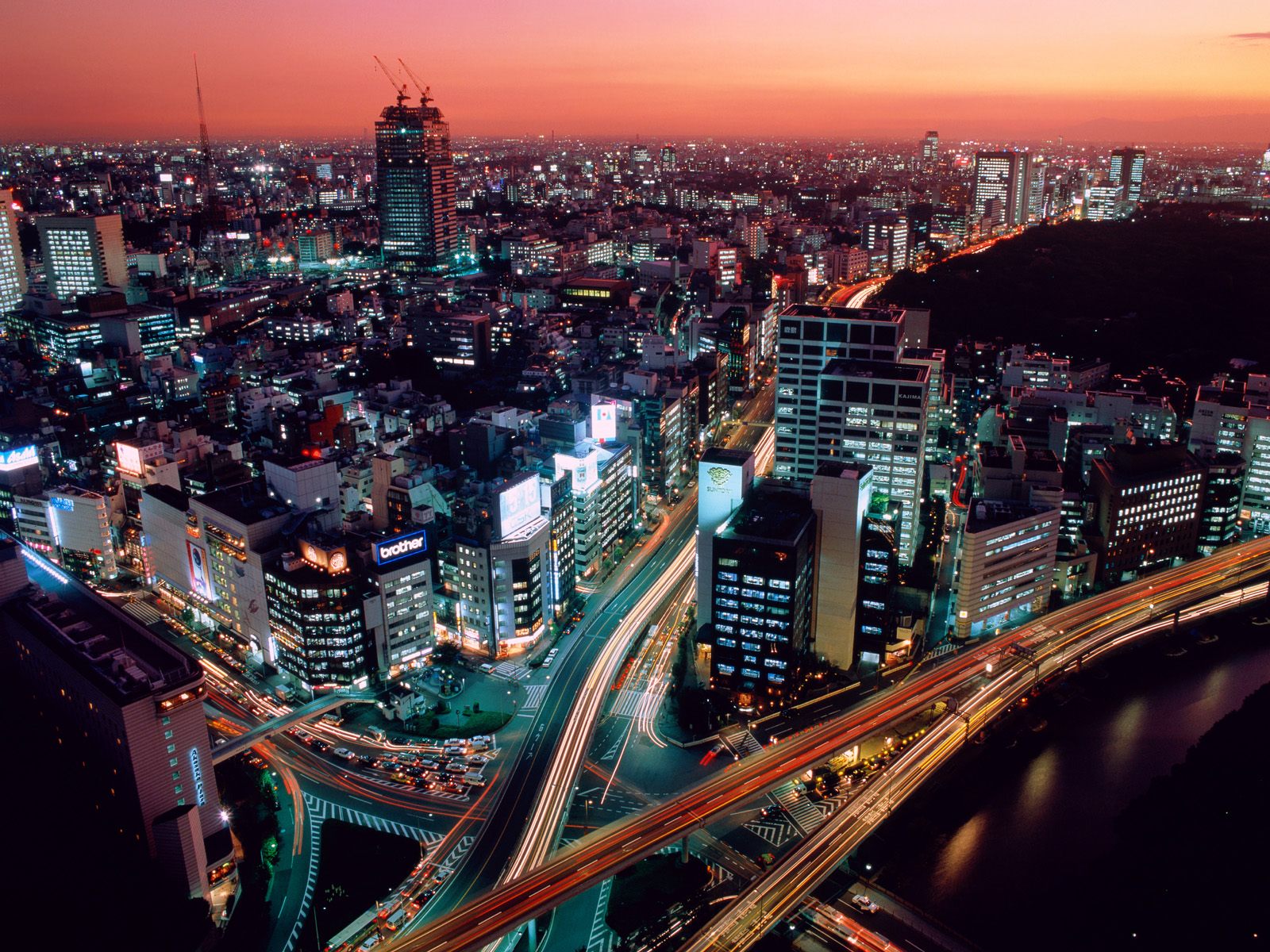Yet, I'm (quite nearly) serious. I've lived abroad twice in my adult life (I don't count the Philippines as a child), in the Netherlands in the 70s and Japan in the late 80s into 1990. My experience is that the Netherlands was the most civilized country I've ever experienced deeply, and that Japan had a clear social compact with its citizens. Both clearly aimed to educate and care for its citizens, and their people responded by becoming extremely successful.
The Netherlands had high taxes, and Japan did not. Both, however, had national healthcare that was essentially paid for through taxes or fees, without the need for insurance companies. Japan is at the top in longevity -- the Netherlands, at the top when I lived there, has slipped in recent years -- and both spend less than half what the U.S. spends on heathcare per capita. So on that score, moving to another country, should you be able to, makes a lot of sense.
 |
| It's hard to get pissed at the Dutch. |
Both countries -- like many around the globe -- have been largely peaceful, with only minor, token support for U.S. war efforts. As allies, they probably had little choice. The Dutch were praised for their role in Afghanistan, and the Japanese offered only non-combat support. (Theirs is a "peace constitution.")
At this point in my effort to express what one does when one has "gotten it right," I have to admit that I'm older now and less able to emigrate. The Dutch said in '72 that I could gain citizenship; the Japanese aren't so generous, but you can live for a long time in Japan if you're employed by a firm willing to sponsor you, as I was when I lived there.
 |
| Here's Tokyo, 65 years after we flattened it with carpet bombing. Welcome back. |
I'm retired, so moving to Japan is out, and moving to the Netherlands probably as well. There are other countries where you don't have to be rich to emigrate, and young people can certainly find advanced countries where they can live and enjoy various careers.
So, what do you do, if you decide to stay home, to have an effect on life in the U.S.?
The first step is to be as honest as you can when talking to absolutely everyone. This is not always easy and sometimes not wise and at other times not even necessary. For example, saying "Grandpa, you've been a brain-dead conservative all your life, and it's about time somebody set you straight. I don't care if you're 90!" might not be the best use of your outrage.
So we let grandpa off the hook. But in any public arena where it's appropriate, be open and honest even if it's not popular. I've stated on the upper left sidebar of my blog most if not all of my critical beliefs, and I'm proud to have taken unequivocal stands. It won't win me points everywhere, but at least I'm on record.
 |
| The Sonoma coast: a big reason I don't relocate, I admit it. |
Now, I know that it appears, from any number of surveys, that the U.S. is, by and large, a religious country and overwhelmingly a Christian one. To me, religion is hooey, pure and simple. It's superstition. People who believe in it are intellectually lazy, simply afraid of death (understandable), or too rooted in their heritages to have an independent thought. I mean this for every organized religion I can think of. I don't count Buddhism or Taoism because I think of them as philosophies, not religions. The "organized religion" that is Buddhism is uninteresting to me.
Having said that, I still try to engage people who have adhered to their religious beliefs, especially if they have taken the best religion has to offer and allowed it to make them better people, ready to work as a group to benefit all of mankind.
You can read my take on religion at this link from the early days of The American Human. Here's a link to why I don't hate Christianity.
Another thing you can do to move the dialogue in a better direction is to be brutally honest with yourself. That means copping to your mistakes. Why? It's heartening for your audience (whether it's just your family and friends or your larger Facebook, Twitter, Blogger families) to know that you've progressed over the years. I was a Catholic until I wasn't, I was for the Vietnam War until I wasn't, I was a homophobe until I wasn't, I was a self-centered slob until, well maybe I'm still self-centered. I try not to be.
 |
| Martin wasn't perfect, but he sure kicked my ass. |
Much of what I just said is shorthand for the enterprise of exposing your evolution from Neanderthal to whatever kind of sentient being we all wish to become. We homo sapiens sapiens have our limits, but at the upper end I've found we're pretty decent people. And, yes, I do mean for that to sound judgmental. Some of us are cretins who are not only dense but quite dangerous. I hope I'm never in that category.
What does it mean to be evolved as a member of our species? Well, it means:
- discouraging war at all costs.
- educating our population to the highest level possible.
- offering healthcare as a right, not a privilege determined by wealth or good fortune.
- creating and respecting a broad social compact based on social and economic justice.
- recognizing the importance of -- and limitations to -- personal responsibility. Yes, we're often at our best when acting as a group.
- acknowledging and supporting, in every way possible, equality among all groups, as defined by race, religion, gender, sexual preference, and nationality.
- fighting fair.
 |
| Admit it, at this rate, this is the Republican candidate in 2020. |
There's probably more there, but you get the drift. After we hone our positions, take our stances, what's next? That's simple. Take the actions you're capable of taking. I write a blog. I annoy my friends and family with my constant harangues. I'm all over the Facebook pages of those who need to hear from me (this works! Remember Komen for the Cure?), I get involved in local issues. Heck, I might just run for office someday. I don't know, but even advancing the conversation in every way possible is a positive step. And, of course, I've voted in every election since I was 21. I also email my representatives on every level, often enough that I'd be surprised if they actually didn't know my name.
Which brings me back to my original proposition: If you want to live differently from the way we live as citizens in the U.S., you just might have to move to a part of the globe where we're more civilized, like Japan, the Netherlands, Sweden, or Denmark.
 |
| Denmark's Premier, Helle Thorning-Schmidt. Important because...I don't know. |
And I'm pretty sure that many of you might suggest that it's already too late, that the wealthy have enough power now that it's will be damned near impossible to wrestle it back. You might be right, but if we're going to have to stay here, then we're going to have to fight back, civilly at first, non-violently until the end.
I've heard enough from those who no longer believe that either political party offers anything substantial enough to have us remain in the political process and that something resembling armed struggle might be all that's left. And I bet that some people -- I hope this is true -- believe that non-violent civil disobedience on a large enough scale could also turn the tide. I'd like to think so, but we may, indeed, be beyond that stage in this country (see dictionary under lemmings).
I can't choose violence, so that's that. Everything else is on the table, but only where it coincides with my belief structure, with the things I've gotten right. I hope they match yours. I'd really welcome you at my side.
 |
| "First they ignore you, then they laugh at you, then they fight you, then you win." |

No comments:
Post a Comment